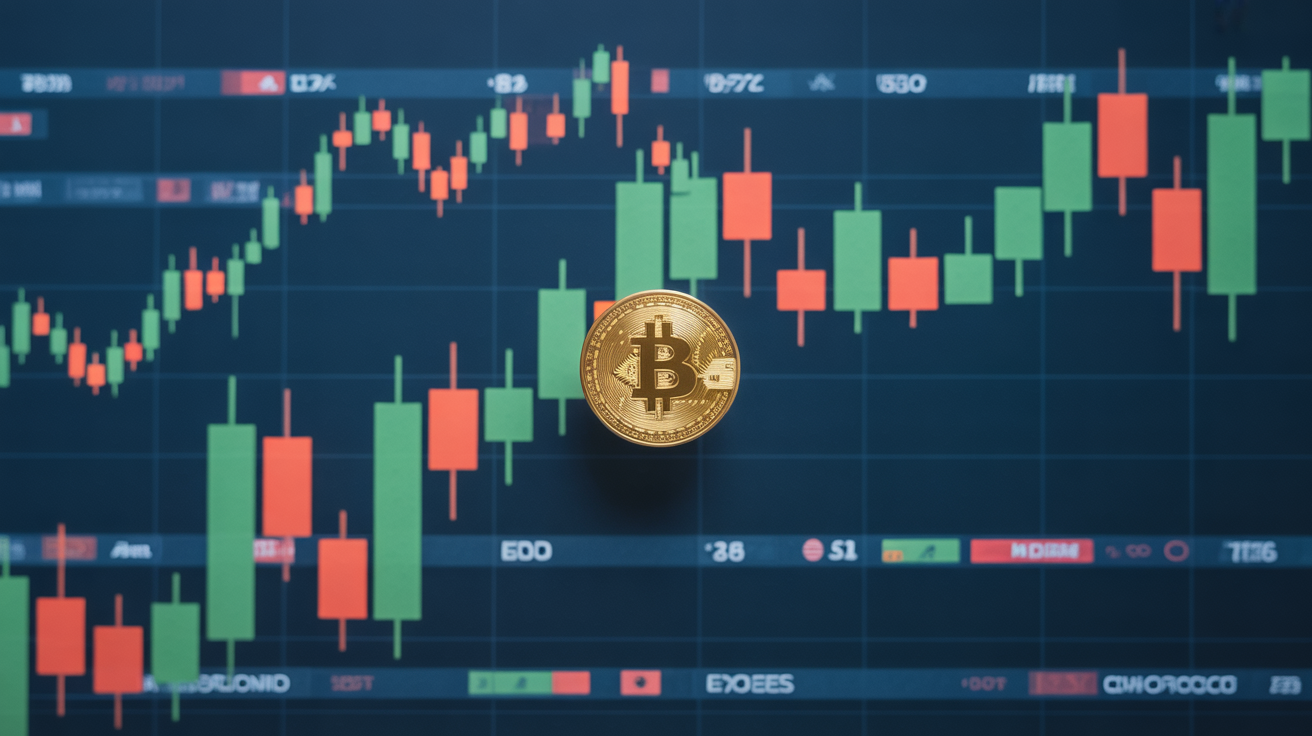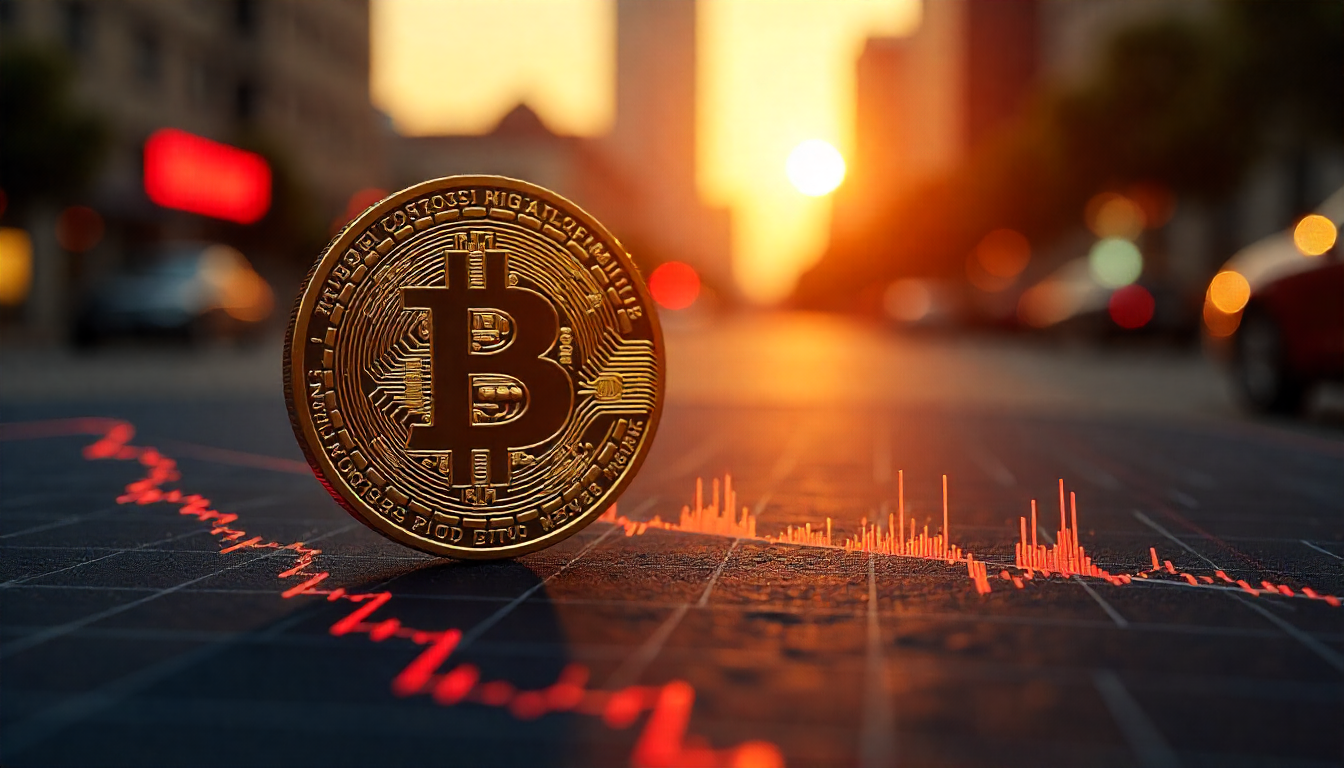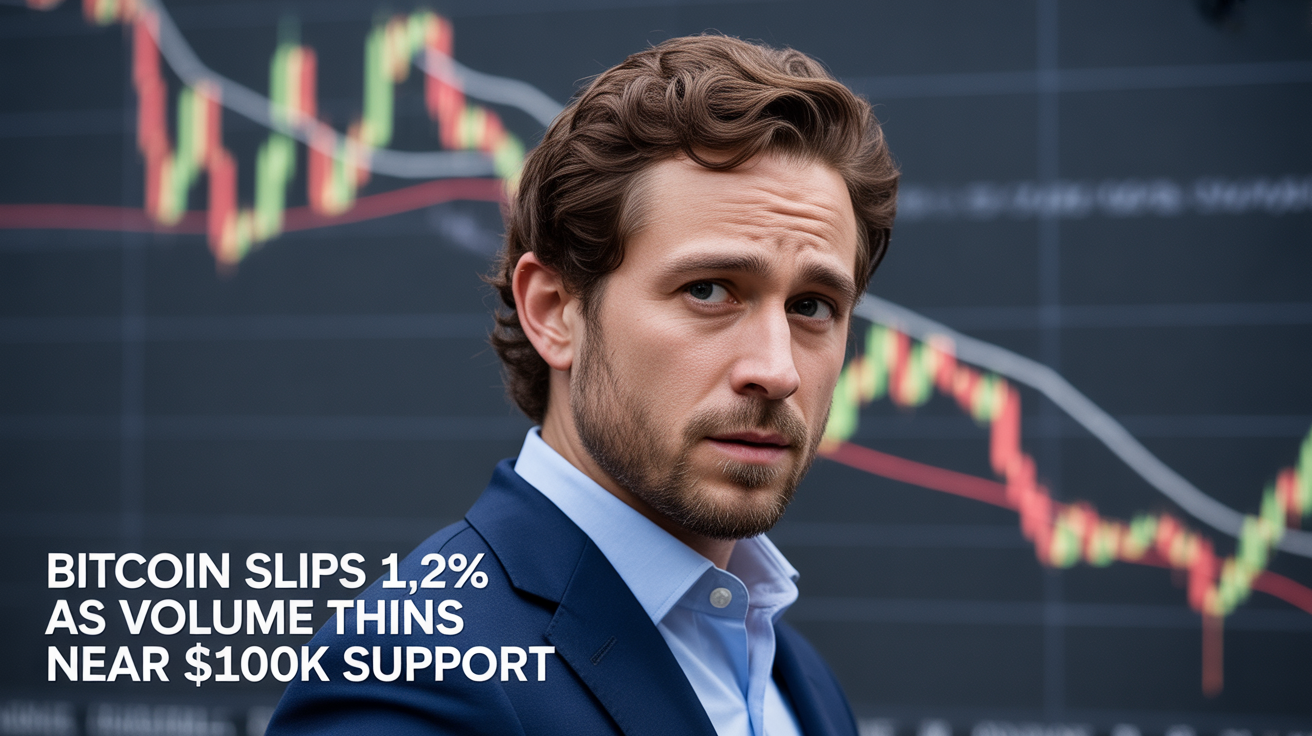Gold Breaks Records as Inflation Fears Spike and U.S. Safe Havens Unravel
Gold surged to a historic high on Friday, soaring to $3,240 per ounce as investors fled traditional U.S. assets amid growing economic anxiety and renewed global trade tensions.
The sharp rally came as both the U.S. dollar and long-term Treasury bonds continued their steep declines, shaken by a cocktail of factors: deteriorating consumer confidence, a spike in inflation expectations, and intensifying friction between the U.S. and China.
The latest consumer sentiment data from the University of Michigan delivered a jolt to markets. Sentiment plunged to 50.8 in April from 57.0 the previous month—edging dangerously close to levels not seen since the early stages of the COVID-19 crisis. Meanwhile, one-year inflation expectations jumped to 6.7%, the highest mark in more than four decades.
The data ignited a renewed selloff in 10-year U.S. Treasuries, pushing yields above 4.55%, while the U.S. Dollar Index dropped below the critical 100 mark—its lowest point in three years.
Despite the turmoil in traditional markets, crypto assets rallied. Bitcoin (BTC) climbed above $82,000, up 4% over the past 24 hours. Altcoins followed suit, with Solana (SOL) and Avalanche (AVAX) posting 6% gains. The CoinDesk 20 Index, a broad measure of the crypto market, rose 3%.
U.S. equities, in contrast, showed restraint after a volatile week. The Nasdaq ticked up 0.6%, trading within a relatively narrow band.
Are Markets Flashing Warning Signs—or Just Whiplash?
Some experts argue the dramatic moves in Treasuries and the dollar reflect deeper issues tied to the U.S. economy’s trajectory. Others suggest technical pressures, not fundamentals, are driving the action.
“No doubt we’re seeing unusual behavior in assets typically viewed as safe havens,” said Noelle Acheson, author of Crypto is Macro Now. “But this seems confined to U.S. markets—gold and crypto are rising, not falling, which tells a different story.”
Billionaire investor Bill Ackman offered a similar take, writing on X that the volatility is more about leverage than macro panic.
“These swings are being driven by traders forced out of positions,” Ackman said. “It’s mostly technical. Right now, markets are poor short-term indicators of real policy impact.”
Share this content:




